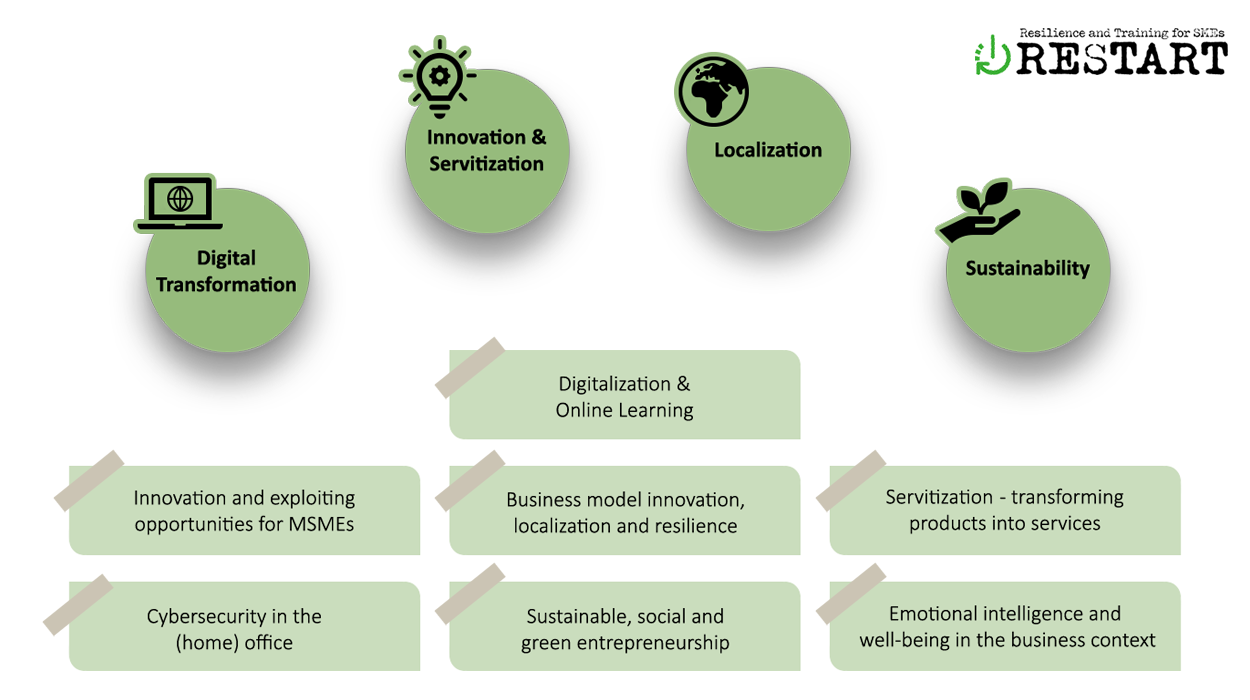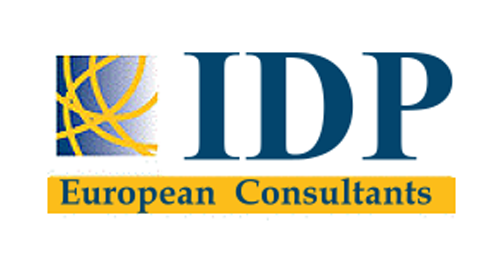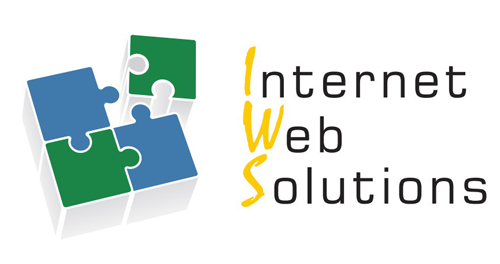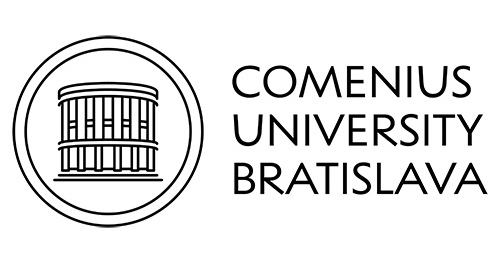
Courses
Most European MSMEs see cybersecurity as a key business concern. However, in a post-pandemic context, not all companies have implemented new security measures to fight risks arising from remote working due to lack of awareness and lack of cybersecurity skills. This module will enable MSME staff and entrepreneurs to improve their cybersecurity skills and knowledge in order to increase their digital skills and cyber resilience.
Servitization is a business innovation process of transforming product-based business into a service-based one by developing a product-service system, allowing entrepreneurs to better adapt their solution to the needs of the customer and improve their business. In this module, you can learn how to improve business with implementing servitization. You will be introduced with the Things+ Service innovation Methodology, which is specifically tailored to help micro, small and medium product-based enterprises with designing and implementing innovative services.
This training program is divided into three units to help you understand the fundamentals of innovation, creativity and critical thinking, and how to apply these concepts in your business. In Unit 1, you will learn what innovation is and gain a deeper understanding of key concepts. Unit 2 will focus on the importance of creativity and critical thinking, including an overview of the concepts and practical ways to implement them in your organization. Finally, Unit 3 will provide recommendations on how to take advantage of social and green innovation and how to gain benefits from creativity and critical thinking in your business.
This training module covers the concepts of emotional intelligence and well-being, exploring their definitions, key components and the relationship between them. Unit 2 focuses on developing emotional intelligence skills for entrepreneurs, while Unit 3 explores ways to enhance well-being in a business context and provides recommendations for entrepreneurs. The goal is to understand the importance of both emotional intelligence and well-being for personal and professional success.
Sustainability in business refers to doing business without negatively impacting the environment, community, or society thus reflecting the mutual effect of its three components (business, environment, and society). An example of the concept in terms of social sustainability is Social enterprises, which can operate in any field and generate profit as any other business. However, their profit is reinvested and fulfills a clear social mission that positively impacts a community. In the field of active environmental protection and minimization of negative impacts on nature, we are referring to Green entrepreneurship, which represents a huge business opportunity for the decarbonized world by 2050.
In this module, you will learn what digitalization is, how it reshapes entrepreneurial opportunities, its drivers, benefits and operational implications for MSMEs. A separate section focuses on digital communication channels that can be implemented within internal and external communications. Collaboration, project management, document storage and sharing tools that are presented afterwards will undoubtedly help you increase work efficiency. The second unit focuses on online learning, where you will get to know the most widespread online learning platforms and get tips on specific training courses that are related to the RESTART curriculum.
This training module describes what business model means, explains the nature of traditional and 21st century business models and provides tool for building your own business model.









